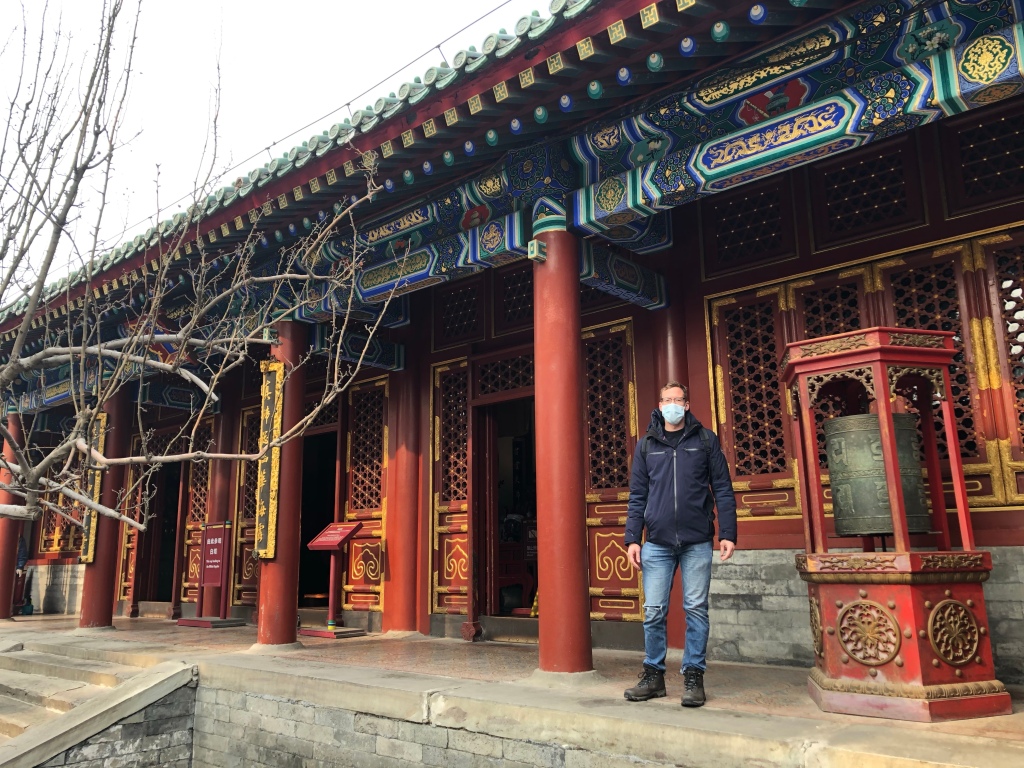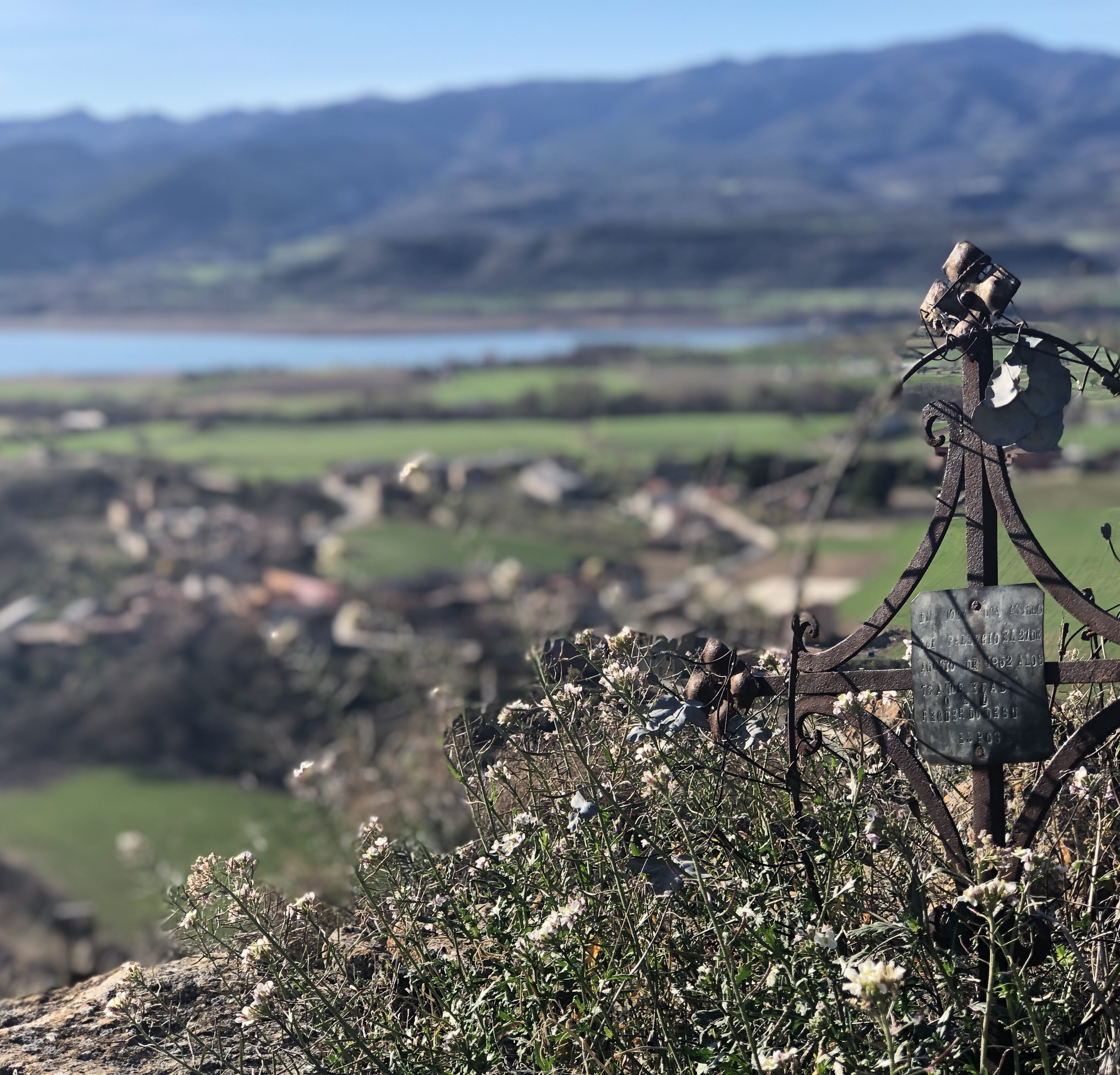Western travelers often say that their first trip East surprised them in unexpected ways. Nothing could have prepared me for my own trip.

I arrived in China on the last week of January at the beginning of the Lunar new year. As I landed in Beijing, the plane descended upon a cyclone of smog in the middle of low mountains. The sun was a blood-red crescent hanging in the middle of the horizon as though invisible lines suspended it. The depth of pollution was casting an eerie murky light upon the city beneath me. Dusk was approaching. The blinking city lights blurred in the thick, grey haze; the only clear movement was the rising smoke from the factories on the outskirts of the city. I learned after landing that the government allows the factories to increase production during the Lunar New Year because droves of people leave the city to visit their families; pollute the air now, while the people evacuate the capital for their weeklong holiday.

As the plane finally landed on the runway, I began to taste the smog for the first time. A dusty, metallic texture in my mouth. I put my exposable surgical mask on as I stepped off the plane and approached the customs desk. Once I stepped outside of the airport, I found my taxi and headed into the city to meet my friend, who offered to house me for my first week in the mysteriously alluring northern capital.
After a day of traipsing through the old towns of Beijing, I began to notice the strangeness of arriving in the middle of the New Year during a virus outbreak. The city was empty. Beijing has over twenty million residents, yet not a soul drifted through the metro systems. The sky was gray and heavy. Despite arriving in the middle of winter, the smog absorbed the cold air like a blanket, giving you warmth in the early afternoon.

The Great Wall, Tiananmen Square, The Temple of Heaven, and the Forbidden City were all closed due to health concerns. My companion and I resolved to explore the neighborhoods outside of the Forbidden City and try to find a restaurant. After an hour of wandering, we found a lunch spot, where I ate my first donkey burger, a popular sandwich in Beijing. Hardly a burger in its construction, the bread resembles a baguette more than a bun. I’m not complaining though, it surprised me in its deliciousness.
We spent our time in Beijing exploring parks and shopping malls. At this point the city had officially declared a lockdown due to the rapid growth of COVID-19 and shopping mall Starbucks and the occasional dumpling shop were the only places open. I forgot that I was in China from time to time, bemused at the sight of the city before me which seemed to resemble more my mental images of Siberia or Ukraine than it did of the Far Eastern capital city. Empty playgrounds in a park, skeleton trees lining the asphalt roads that cut through the brown patches of grass, the eerie cast of a low-hanging grey sky, as though it were on the verge of collapsing upon us. In this apocalyptic, dreary backdrop, we played badminton… I inhaled an invisible cloud of smog with every sudden breath. I found myself questioning whether my exhaustion came from the jetlag, the pollution, my imagination, or the absurdity of it all.

We managed to find some temples that were open to the public, though very few people were visiting them. A few times I removed my mask until I noticed the locals were shooting scornful glances in my direction. We explored the ruins of an imperial garden called Yuanmingyuan. These ruins had been torched by Anglo-French expeditions, as well as American and British military campaigns in the 20th century. Though it is difficult to find information of the site in the park; all of the plaques simply list the architectural dimensions, nothing about the history. The site now holds patriotic pageants that depict foreign barbarians running from the powerful Chinese dynasty. The Western-style palaces echo remnants of Western expansion in the East.

A week later, I was in Hangzhou, a city closer to Shanghai. Located in Zhejiang, the number two COVID-19 province behind Hubei, Hangzhou was my original destination. It was where I was going to start my new teaching job. The situation only grew more absurd as I traveled further south in the People’s Republic.

